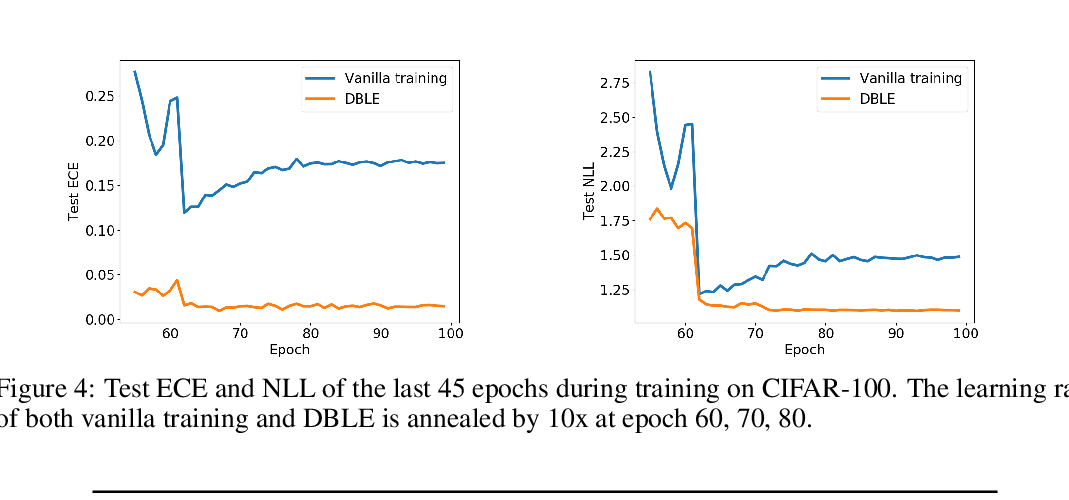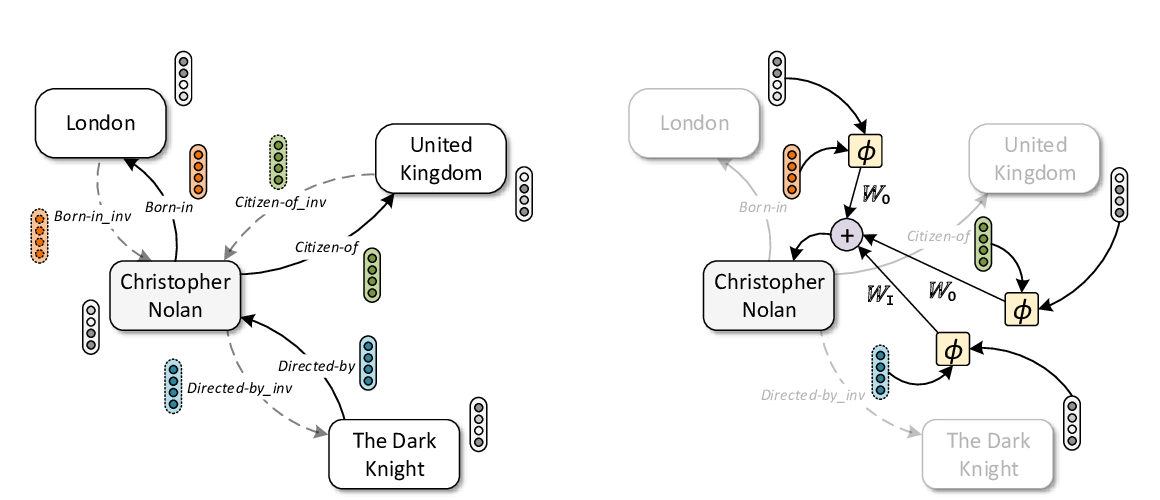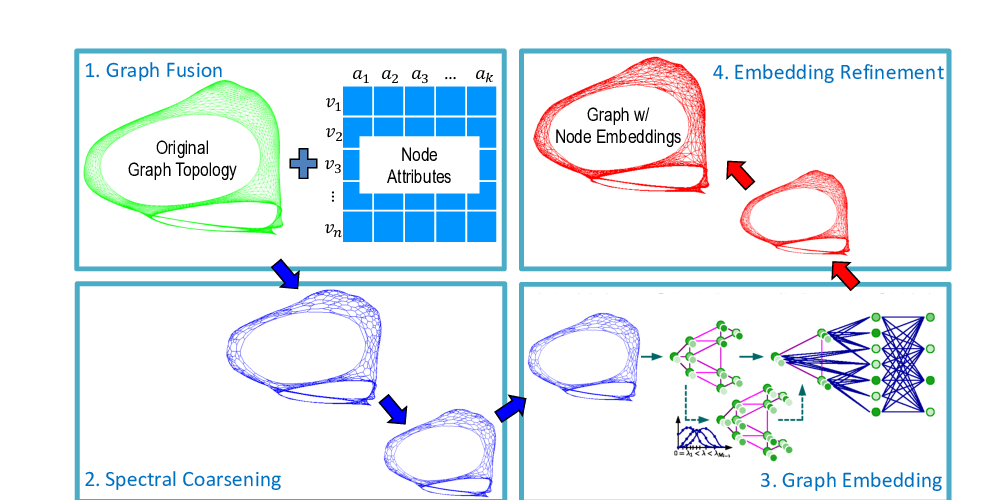Abstract:
Knowledge graph embedding research has overlooked the problem of probability calibration. We show popular embedding models are indeed uncalibrated. That means probability estimates associated to predicted triples are unreliable. We present a novel method to calibrate a model when ground truth negatives are not available, which is the usual case in knowledge graphs. We propose to use Platt scaling and isotonic regression alongside our method. Experiments on three datasets with ground truth negatives show our contribution leads to well calibrated models when compared to the gold standard of using negatives. We get significantly better results than the uncalibrated models from all calibration methods. We show isotonic regression offers the best the performance overall, not without trade-offs. We also show that calibrated models reach state-of-the-art accuracy without the need to define relation-specific decision thresholds.


